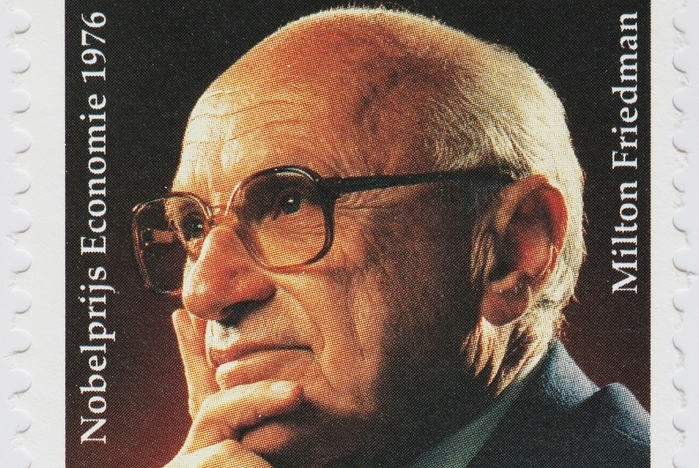The ongoing Covid-19 pandemic has made the already unpredictable futures of working and middle class Americans even more fragile.
Impact investors are turning the tide by focusing their attention on a powerful tool that can increase the wealth of employees, their families, and their communities: employee ownership.
From King Arthur Flour to Recology to Namaste Solar, businesses of all sizes have benefitted from employee ownership, or EO. Helping small businesses, which comprise 99.9% of all businesses in the United States, transition to EO may be the most immediate way to benefit owners, support workers, and transform local communities.
Compared to their peers, employee-owners have significantly higher wages, net worth, and job tenure, and they are less likely to get laid off during economic downturns. Throughout the pandemic, businesses with significant employee ownership have outperformed non-EO companies in terms of job retention, pay, benefits, and workplace safety. EO businesses themselves also benefit from better sales, employment, and productivity.
Employee ownership is a business model in which the employees have an equity stake in a company as full or part owners. These types of businesses take many forms, with the most common in the U.S. including:
- Employee stock ownership plans, in which workers’ shares are held in a trust to maximize workers’ retirement benefits;
- Worker cooperatives, in which worker-members share in the equity and governance of a business; and
- Employee ownership trusts, in which a trust holds a controlling stake in a company on behalf of current and future employees.
Nearly half of all workers in the United States are employed by small businesses. When small businesses suffer, working and middle class communities throughout the country suffer.
EO Equals
Recent research has revealed that only about half of small business owners have considered employee ownership for their own business despite the myriad benefits EO offers them and their communities.
Closing this awareness gap among small business owners is crucial to advancing employee ownership in all forms across the United States. That’s why, in 2019, Kendeda committed $24 million to four mission-driven, nonprofit organizations – Evergreen Cooperatives’ Fund for Employee Ownership, Project Equity, ICA Group, and Nexus Community Partners – each with a proven track record for and shared interest in advancing EO.
Together we have created the Employee Ownership Equals (“EO Equals”) campaign to provide dignified opportunities for American small business owners to sustain their companies, empower their workers, and help communities nationwide to thrive. The EO Equals campaign provides small business owners information about employee ownership and expert guidance on how to begin a transition.
At the Kendeda Fund, we think this campaign moves us closer to a powerful, promising picture of an economic future that is more inclusive and democratic. We know that community wealth building through employee ownership is one of the best ways to provide all Americans with the tools to join and prosper within the middle class.
Investing in democracy
Fortunately, a growing number of large-scale impact investors are catalyzing employee ownership opportunities throughout the country.
The Seed Commons, a community wealth cooperative, has invested nearly eight million in local communities. This past June, Apis & Heritage Capital Partners raised $30 million for its Legacy Fund I with the goal of closing the racial wealth gap by transitioning businesses with large workforces of color into employee-owned businesses. Longtime investors Shared Capital Cooperative and The Cooperative Fund of New England provide critical financial services to local employee owned businesses.
But systemic change only happens at scale. It’s time for investors at all levels – from private philanthropy to institutional investors – to join us in this work.
Local investors can look at the ecosystem of businesses on their own Main Streets to see how they can incentivize or support employee ownership transitions. Those operating at the state or city level can partner with existing government initiatives to see how they can help. There are thriving models nationwide and an abundance of resources to support those who want to engage. Employee ownership centers already exist in Colorado, Massachusetts, New York City, and the Greater Washington area, to name a few.
National investors can support numerous employee ownership investment funds, make grants to networks and coalitions that strengthen employee ownership strategies, or partner with experts who provide transition services to local businesses. All of these efforts help build community wealth, broaden ownership, empower workers and strengthen the future of small businesses.
Advancing equity
Inequality in the United States is growing, with the top 10 percent of individuals owning more than 90 percent of all business wealth. Expanding employee ownership can combat this problem.
A study by Harvard Business Review found that if 30 percent of all businesses were employee-owned, the net wealth of the bottom half of Americans would more than quadruple. Median wealth among Black households would quadruple, too.
That’s because with EO, owners and workers receive the tools they need to redefine prosperity—making their communities more vibrant places to live, more resourceful in hard times, and more capable of retaining the wealth that they generate.
Employee ownership is a proven, effective, scalable tool to fight the systemic inequalities in our economy, and build healthier, more sustainable communities for generations to come. It’s bold—but it’s not risky.
It’s time to invest in EO.
Diane Ives leads the employee ownership strategy at the Kendeda Fund and represents Kendeda as one of the founding partners of the EO Equals campaign.












